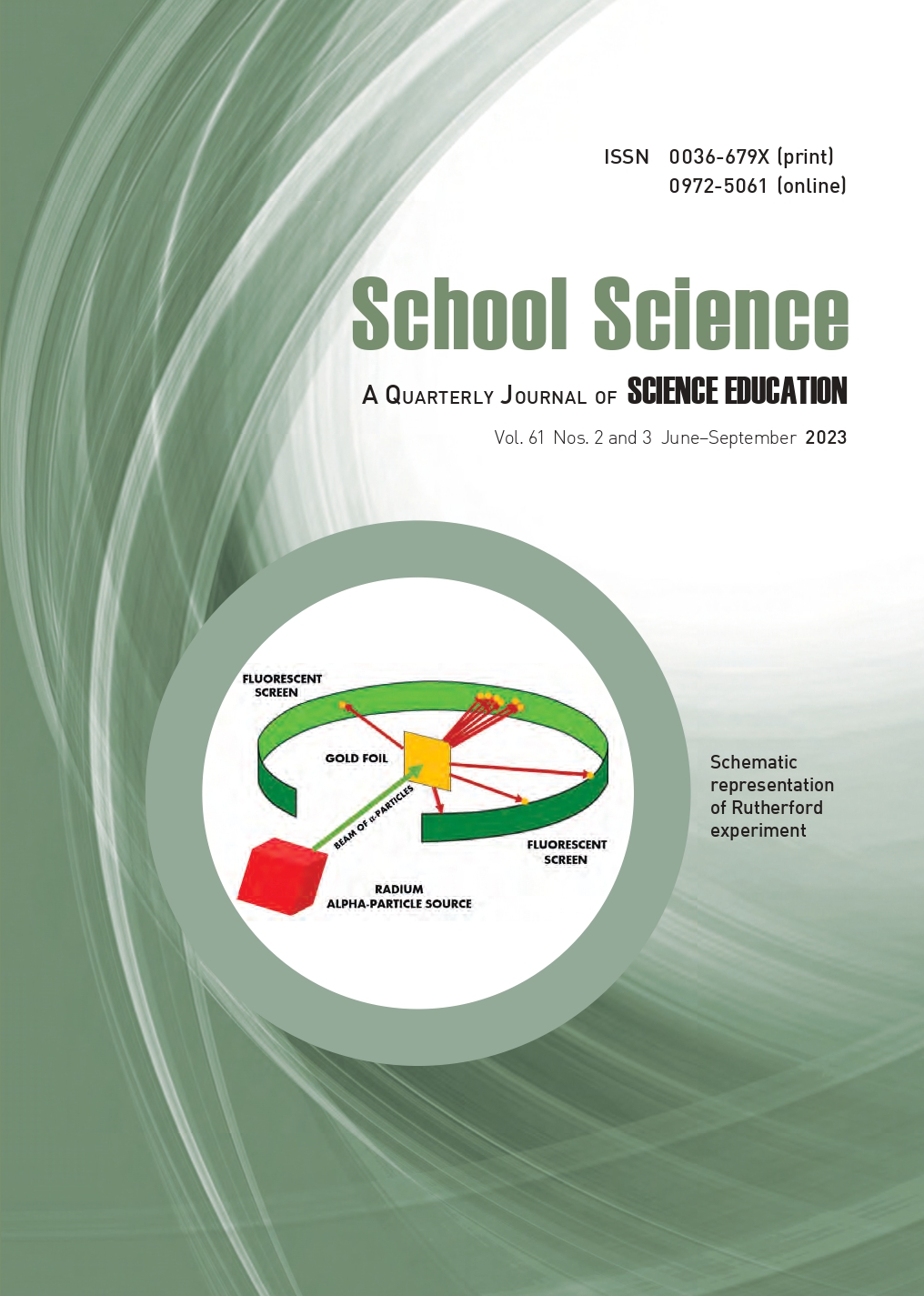Published 2023-09-30
Keywords
- Extended Producer Responsibility,
- Microplastics
How to Cite
Abstract
Plastics are the most pervasive material on the planet. Plastic items are affordable, lightweight, easy to make, resist decay and may persist for centuries in the environment. These versatile qualities have made plastics a notorious villain of the global environment. Birds, crabs, fish and other animals get trapped in plastic litter, restrict their movement and may die eventually from starvation. Often plastic waste is mistaken for food by cattle and other animals, affecting them adversely. Over time plastic waste breaks down into small size particles of 5 millimetres and less are called microplastics. Fish and other aquatic organisms ingest microplastics as they cannot differentiate between food and plastic particles. Microplastics move along food chains and reach up to the top predator. Presence of miroplastics has been reported in human blood and different organs. Plastic waste has become a significant source of pollution in India requiring urgent attention and action. Use of single use plastic has been banned in the country and the government have notified Plastic Waste Management (Amendment) Rules 2021 and also issued detailed guidelines on Extended Producer Responsibility (EPR) whereby producers are held responsible for the entire lifecycle of their plastic products and packaging toward controlling the menace of plastic pollution.

